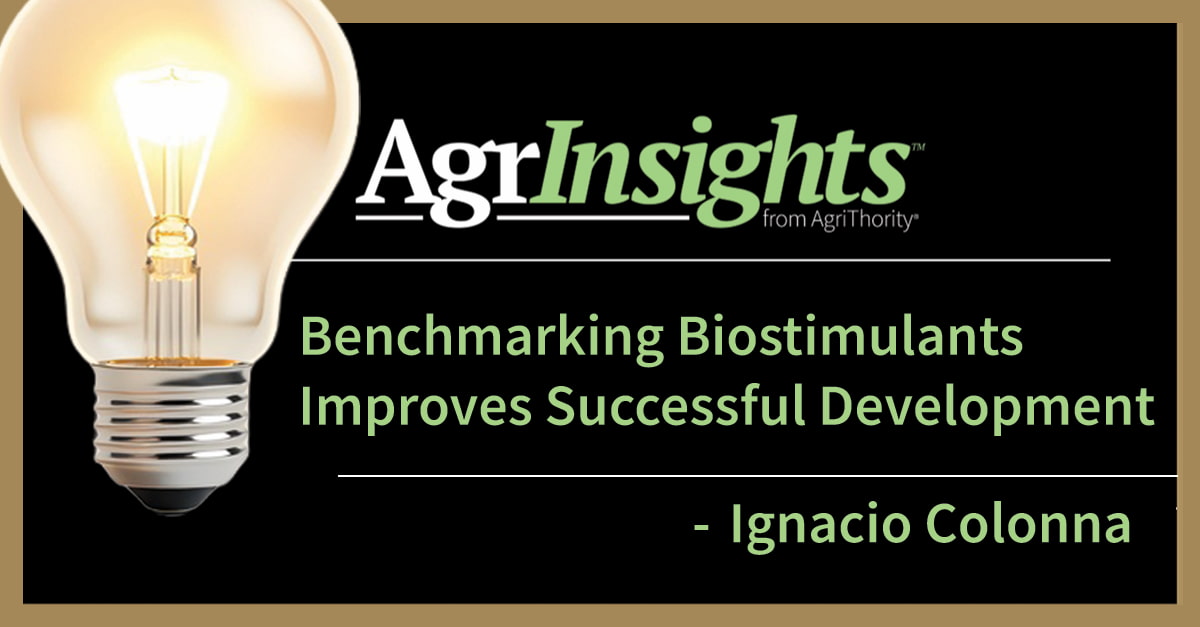An agricultural innovation is only an idea without investment to scale. With the current commodity prices, state of the industry, and limited agritech and innovation funding available, companies are getting creative to make their investment stretch. To maximize investments, continuing to make strategic decisions without cutting corners on data and pre-commercial preparation will help companies withstand this down cycle.
“The 2025 year was predicted to be one big plateau, not better than 2024, but not worse, for AgTech startups seeking investments,” says Bonnie Brayton, Fulcrum Global Capital Senior Associate. “Unfortunately, there have been headwinds for certain types of startups recently. Some examples include businesses that require regulatory approvals to be commercial, and companies with hardware manufactured in geographies affected by U.S. tariffs.”
How to Gain Investments for Ag Innovations
Without the deep pockets of years past, where can companies turn to for funding? First, make strategic decisions regarding overhead. To continue to function, despite economic decline, there are many advantages for agritech innovators and companies to outsource agricultural development services to enhance capabilities, expand capacity and elevate credibility.
“We always encourage companies to find non-dilutive funding, and that message is as vital today as ever,” Brayton says. “Finding grants or paid collaborations can help to fill the gap left by VC funding, as well as getting any level of commercial revenue as quickly as possible to fund other R&D or pipeline development efforts. In conferences this year, philanthropic organizations are being called upon to support startup tech companies who align with their missions.”
Despite the lure of going straight to farmer fields to gain some commercial revenue, it’s important to remember that “prior preparation prevents poor performance,” as former U.S. Secretary of State James Baker famously said. Farmers have a long memory and tell their friends about their experiences. One negative experience with your product before it’s been thoroughly tested can do more harm than good. It’s important to follow a disciplined stage-gate process without skipping steps or cutting corners.
“At AgriThority®, we’ve seen many companies jump straight to the field and fail,” says Jerry Duff, AgriThority® Founder and President. “It’s the companies that make the strategic decisions and invest in credible, robust data with a good understanding of the markets they hope to enter that most often make it.”
Understanding Your Value
To be properly prepared for commercialization, companies should understand their product well enough that they can determine the market value. Field trials should deliver insights and data supporting how a product works and where, as well as where it doesn’t work. Knowing how it fits into the current farming practices and how it performs against which competitors is also very important to properly position products.
“It’s essential to any VC that a company understands its own value, its competitive landscape, and its timeline to profitability,” Brayton says. “With funding being tighter than it was prior to 2022, startups have to operate lean and find the most effective use-of-funds for their company to unlock valuable products, rather than spending resources on activities that might not add value.”
Taking a deep dive into the market and competitive landscape and making strategic decisions based on that information is essential for any new agricultural innovation.
“Many times, we see companies immediately head for the biggest markets, but those markets might not give them the opportunity for the largest market share,” Duff says. “A smaller market share in a high-value crop could be a better opportunity. It’s important to take a holistic view of market access and make a plan from the beginning.”
Improving Data Quality
Credible, robust data is the foundation for any successful product – and not only before commercialization but after commercialization, too. Farmers are accustomed to conventional chemistries that have years of data showing how and why they work, and they are expecting that same level of efficacy from innovations.
“We always love to see reputable, third-party trials and reports, in addition to internally-generated R&D data,” Brayton says. “On the topic of assessing data quality, we, like most VCs, hire subject matter experts to consult with our fund when we are in our final stages of technical diligence with a startup. For our team at Fulcrum Global Capital, we also have the luxury of leveraging our own LPs (our farmer-investors, who are elite U.S. producers) for their perspective when it is an appropriate fit.”
Opportunities will continue for agriculture innovations that are well prepared for successful commercialization. To capitalize on current funding and help prepare for commercialization, reach out to AgriThority® today to discuss opportunities for strategic and scientific business, market, and product development, as well as regulatory expertise that will help prepare your innovation for investment and for success.



